Table of Contents
ToggleDiesel Engines: Powerful, Efficient, and Environmentally Friendly (2024 Update)
Introduction to Diesel Engines:
Note: This article contains animations to better explain the operation of Diesel engines. A good internet connection speed is recommended or wait for the animations to load.
The Diesel engine is an internal combustion engine: it transforms the chemical energy that comes from the fuel into mechanical energy.
This engine emerged as an optimization of the first internal combustion engines, known as Otto cycle engines, which were quite inefficient and used only 10% of the fuel energy, wasting the rest.
It is one of the alternatives that currently offers the best cost/benefit ratio, since diesel fuel, being more energy dense, allows greater energy extraction from it compared to gasoline engines.
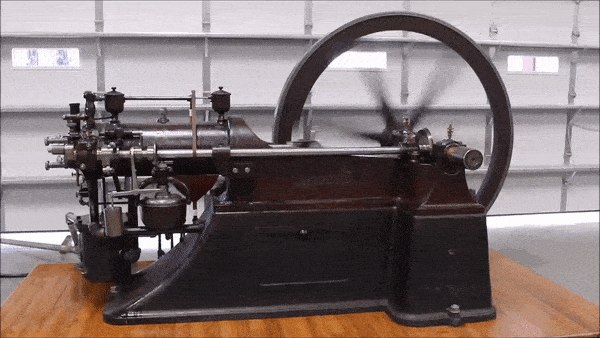
Due to its efficiency, it is the main choice for the industry and its machinery, as well as transportation and heavy-duty vehicles.
How does it work?
Diesel engines, like gasoline engines, work by continuously repeating a four-stroke cycle: intake, compression, explosion and exhaust.
This is what happens in each of the times:
Intake: Air is sent into the cylinder through the intake valve as the piston moves downward.
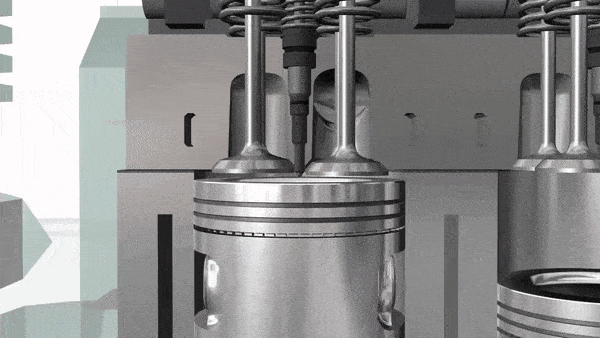
Compression: The intake valve closes, the piston moves up and compresses the air, heating it. Fuel is then added to the hot air through the injection valve.
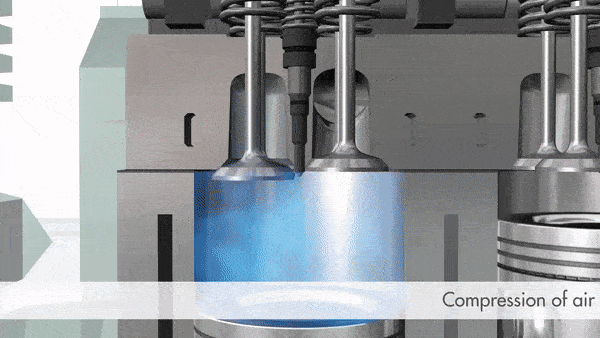
Explosion: Adding fuel to hot air causes it to explode, which pushes down the piston, which is attached to the crankshaft: this generates movement that is sent to the tires.
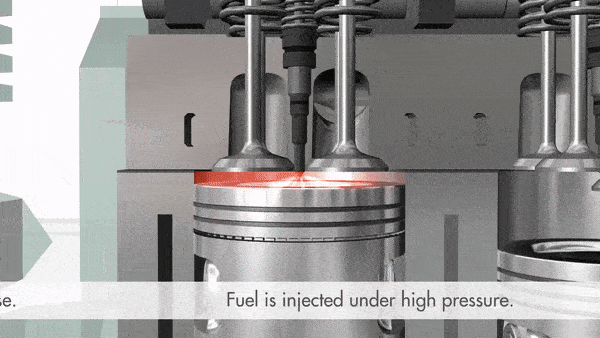
Exhaust: The exhaust valve opens to release the gases produced by combustion, which are pushed by the piston when returning upwards.
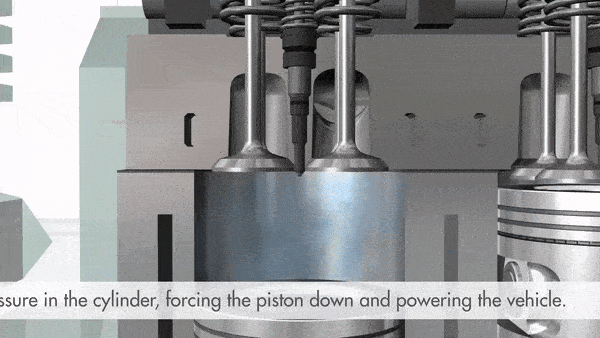
This four-stroke cycle generates movement in the piston and crankshaft, which in turn is responsible for sending this movement to the transmission system through the engine flywheel or flywheel, to continue on its way to the tires.
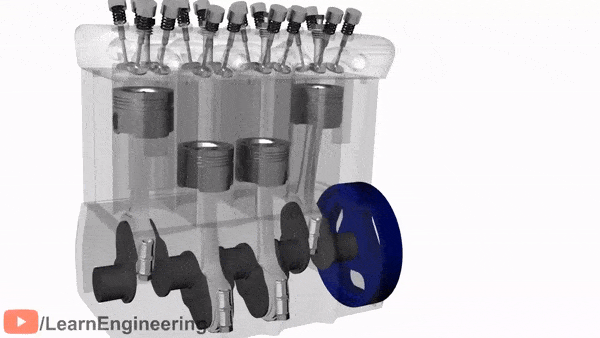
How is it different from a gasoline engine?
These engines, although they are similar in their operation, differ in several things:
IGNITION
It is what allows the combustion of fuel and produces movement.
Gasoline engines work by mixing air with fuel, which is then compressed by the pistons. The spark plug produces ignition, which ignites the fuel. Diesel engines, on the other hand, do not have a spark plug. Instead, the fuel is ignited by hot compressed air.
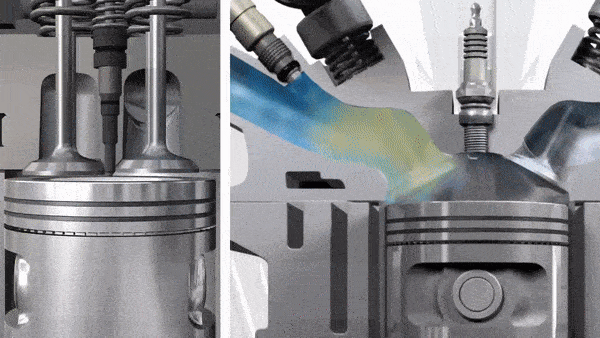
DIRECT INJECTION
It is responsible for ‘injecting’ fuel so that the explosion occurs.
Diesel engines have a direct injection system, which means that the fuel is injected directly into the combustion chamber at the exact moment in which the air is compressed, heating up, causing the fuel to explode, and therefore, the piston movement.
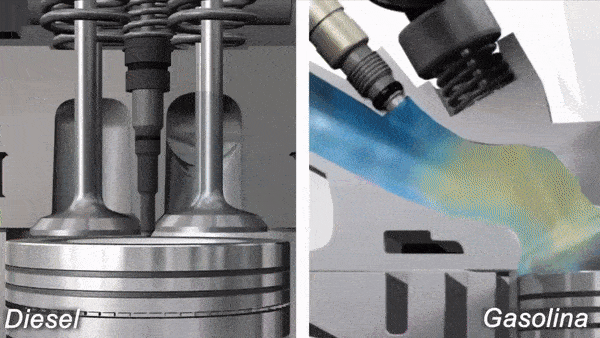
In most gasoline engines, fuel injection is not located in the combustion chamber but before the intake valve.
GREATER COMPRESSION IN THE ENGINE
Diesel engines have a higher compression ratio than gasoline engines, which can be between 14:1 to 25:1, while gasoline engines only reach between 8:1 to 12:1, due to the volatility of gasoline. The higher the compression ratio, the higher the efficiency.
FUEL
Diesel has a greater energy storage capacity compared to gasoline: a gallon of Diesel has approximately 147,000 BTU, while gasoline reaches 125,000 BTU; This is one of the reasons why Diesel engines have higher mileage per gallon.

COMBUSTION BYPRODUCTS
Although diesel engines are more efficient and emit less carbon dioxide (CO 2 ), they emit greater amounts of nitrogen dioxide (NO 2 ) and soot compared to gasoline engines.
And that is why the catalytic converter (the part that is responsible for converting toxic emissions into friendlier compounds) in Diesel engines is different from that of gasoline engines. They even have filters inside, mainly due to the type of compounds they must transform to expel into the air.
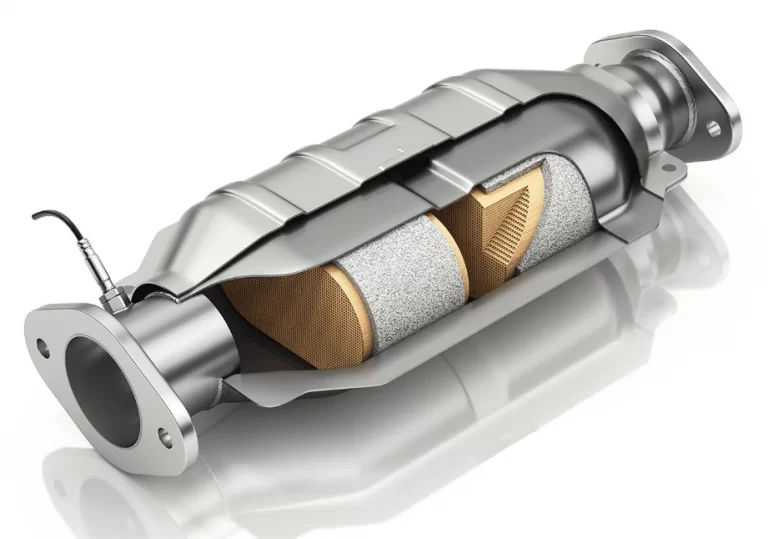
Engine Compression Ratio:
Diesel engines have a higher compression ratio than gasoline engines, leading to greater efficiency.
Fuel and Energy Storage:
Diesel has a higher energy density than gasoline, allowing diesel engines to travel further on less fuel.
Combustion Products:
Diesel engines produce less carbon dioxide (CO2) but more nitrogen oxides (NOx) and soot than gasoline engines.
Catalytic Converter:
Diesel engines have special catalytic converters with filters to handle specific compounds in their emissions.
Diesel Particulate Filter:
Diesel vehicles have a filter to trap particulate matter in the exhaust.
Exhaust Gas Recirculation (EGR):
Diesel engines use EGR to reduce emissions by recirculating some exhaust gas back into the engine.
Cooling System:
Diesel engines produce more heat and require a larger, more powerful cooling system.
Noise and Vibration:
Diesel engines produce more noise and vibration than gasoline engines.
Maintenance:
Diesel engines require more maintenance than gasoline engines.
Advantages and disadvantages of diesel engines
Among the advantages of Diesel engines we find that:
- Get better mileage per gallon of fuel
- They have greater fuel economy
- They use a more efficient and energy dense fuel
- They do not have distributors or spark plugs
- They generally last longer in good condition before needing repair.

Among the disadvantages of Diesel engines, we can see that:
- Before, diesel fuel was cheaper than gasoline; now, they are at the same price, or even in some places, they can be a little higher.
- The advanced technology in diesel engines can lead to higher repair costs than gasoline engines.
LUBRICATION
Diesel engines rely on lubrication, just like gasoline engines. However, the type of oil used is crucial, as diesel engines require oil formulated for higher pressure and temperature conditions.
This mainly fulfills three functions in Diesel engines:
- Keeps engine components running smoothly by keeping parts lubricated
- Helps reduce the operating temperature
- It contributes to the internal cleaning of the engine as carbon and combustion byproducts accumulate.
Look at the manufacturer’s manual to find the most suitable oil for your Diesel engine. Even though some oils are compatible with both engine types, it’s best to check the manual for a reliable choice.
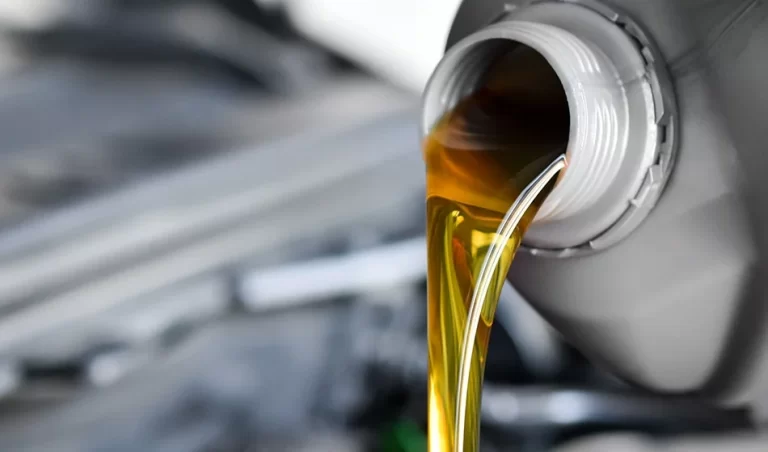
In general, diesel engine oils are more viscous because they must withstand higher engine temperatures and have more cleaning additives because these engines produce more soot and combustion byproducts.
Diesel engines are undoubtedly a triumph of modern engineering over time since an engine invented more than 100 years ago continues to behave as one of the most efficient alternatives to the gasoline engine.
Taking care of it is very important.
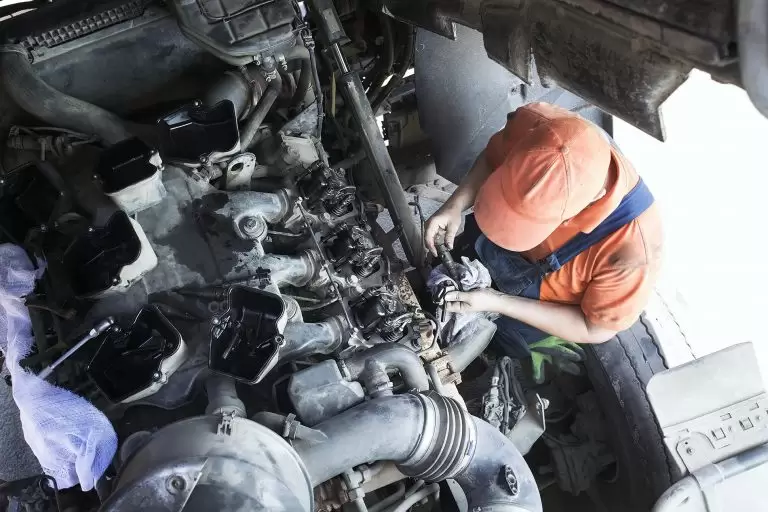
Therefore, it is vital to change the oil regularly, at the recommended times, perform periodic preventive maintenance on its parts, and complement the lubrication using MotorKote 100 antifriction. This way, your Diesel engine will last longer in the best conditions.